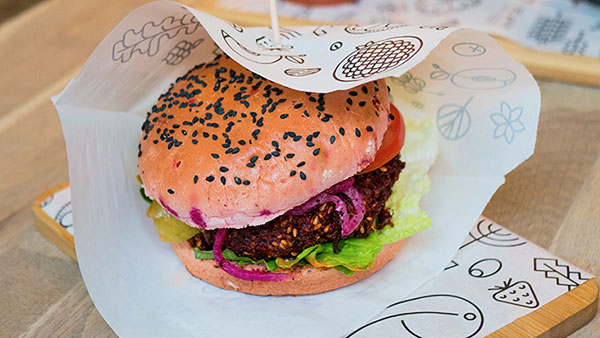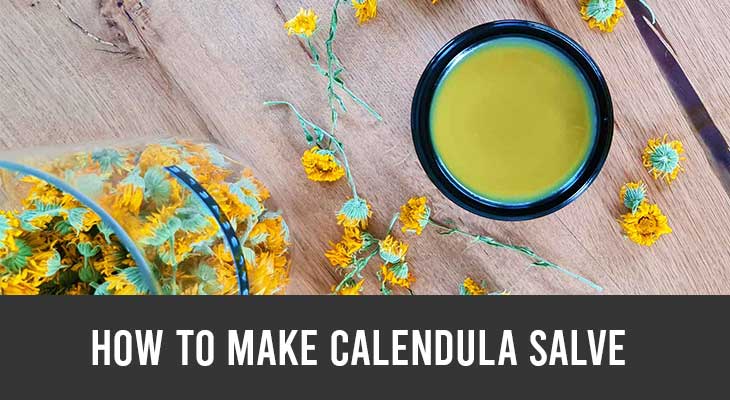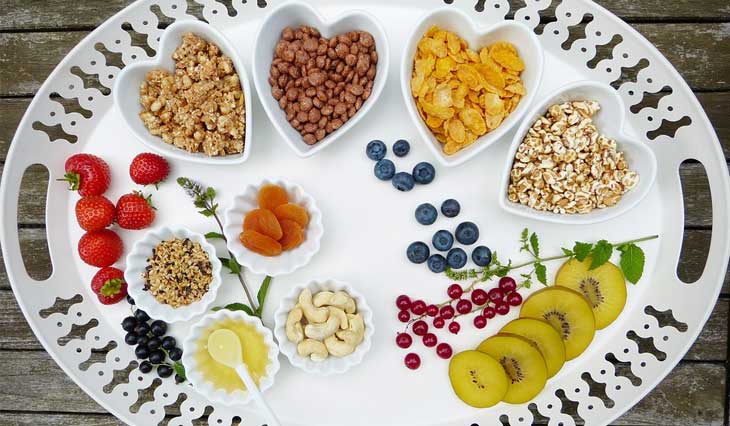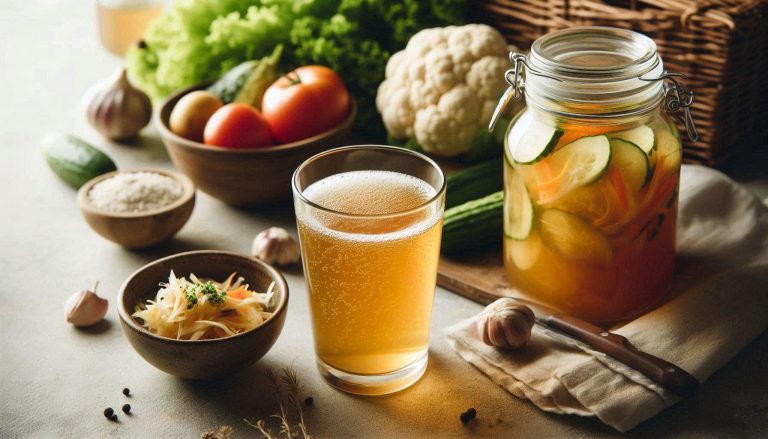The Importance of Clean Water In Cooking
Have you ever thought about the purity of the water you cook with? Find out the importance of clean water in cooking, from this article.
Are you sure you’re cooking with clean water? Over the past couple of decades, there’s been a lot of attention on the importance of filtered drinking water to remove the impurities in well water and left behind in community drinking water. While indeed important, the singularity of focusing on “drinking” water has led many households to use incomplete solutions like filtered water pitchers and bottled water that’s not accounting for the water they use in cooking.
It may sound like a paranoid tinfoil hat move to filter your cooking water, but you’re likely going to be surprised at how unfiltered cooking water is impacting your food and health. Let’s explore how and why you may not be cooking with clean water if you don’t have a reliable filtration system for your water supply.
Fast Facts On Your Cooking Water
- Community water uses disinfectants like chlorine to reduce waterborne contaminants.
- Disinfected water doesn’t rid the water of dissolved minerals such as magnesium, sodium, and calcium.
- Unfiltered water can still contain harmful metals like lead and mercury.
- Boiling water doesn’t kill all water pollutants. In the case of lead, boiling water can actually increase the concentration. Killing pathogens in water depends on several factors, such as boiling time and time food spent at boiling point.
- Well water often contains disease-causing contaminants like microbes, heavy metals, organic chemicals, radionuclides, fluoride and nitrates. It’s the owner’s responsibility to test, monitor, and solve well water contaminants.
Unfiltered Water And Your Health
Impurities, disinfectants, and contaminants in your water supply are of course a health concern. From gastrointestinal upset to toxicity and disease, unclean water can cause an array of health effects depending on the contaminants.
The mineral content of unfiltered water, for example, doesn’t go away during the cooking process. On average, there are around nine milligrams of sodium in every eight ounces of tap water. That can make a huge impact on those adhering to a low sodium diet for health reasons.
Chlorine wouldn’t be a disinfectant if it didn’t cause harm to living things. Disinfection byproducts, which are the formed chemicals from disinfectants reacting with organic matter, are still being researched for harmful health effects. Chloramines are a reaction between chlorine and ammonia to disinfect water, and boiling does not eliminate it from the cooking water.
Lead, which can actually increase in concentration during the cooking process, has been identified as a toxic metal that you should have zero exposure to it your cooking and drinking water. Unlike other contaminants, lead has no taste or smell to impact your food, meaning that you may think your cooking water is clean and healthy when it isn’t.
The solution to protect your health is to invest in a reliable water filter.
Unfiltered Water And Food Quality
Many of the chemicals in treated water and contaminants in well water will influence the taste, appearance, and aroma of your foods beyond just a health standpoint of undesirable content, like salt and lead.
These components alter the natural taste of your foods. Chlorine and chemical additives influence the vibrancy of the color of your food. It even changes how your food smells. This is particularly true in raw food cooking where veggies are washed and ate. Pasta and rice are like sponges soaking up the water they’ve been cooked in, which you then consume.
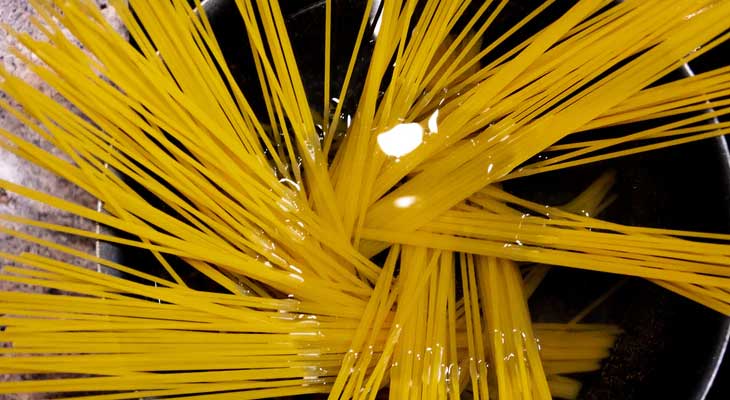
Sadly, because these agents have been components of our water supply for so long, many people don’t even realize how their food quality has suffered. It’s not until they invest in water filtration for their cooking water that their senses see, taste, and smell the difference in cooking with clean water.
The quality of baked pastries and bread is another huge difference you’ll see in filtered versus unfiltered cooking water. Chlorine, Chloramine, and mineral content play a significant role in dough characteristics, which is why so many professional bakers tout water filtration as the key ingredient to their recipes.
Don’t Settle For Anything Less Than Filtered Water
In closing, we are extremely blessed in developed countries to have a water supply that’s mostly free of the most serious pathogens, such as those that cause typhoid and cholera. However, that doesn’t mean that our tap water is perfect. Unfiltered water can still cause disruption to our healthy lifestyle and enjoyment of foods and beverages. Luckily, there’s an effective, affordable, and simple solution to help mitigate the undesirables from your drinking and cooking water supply – water filtration.
Photo sources: https://unsplash.com/photos/RgplfXbxLFs and https://unsplash.com/photos/5FAgfZiukEc
If you make this, please leave a review and rating if you liked this recipe! ★★★★★


